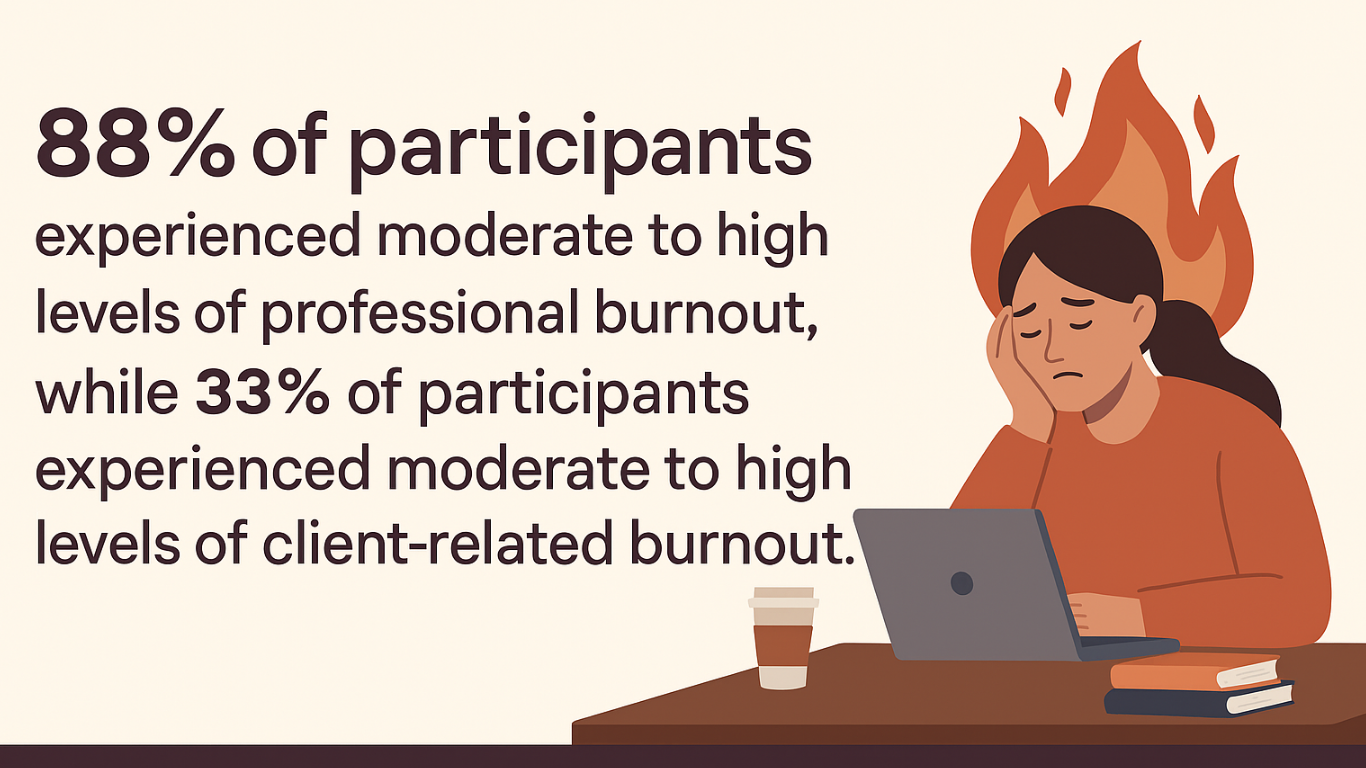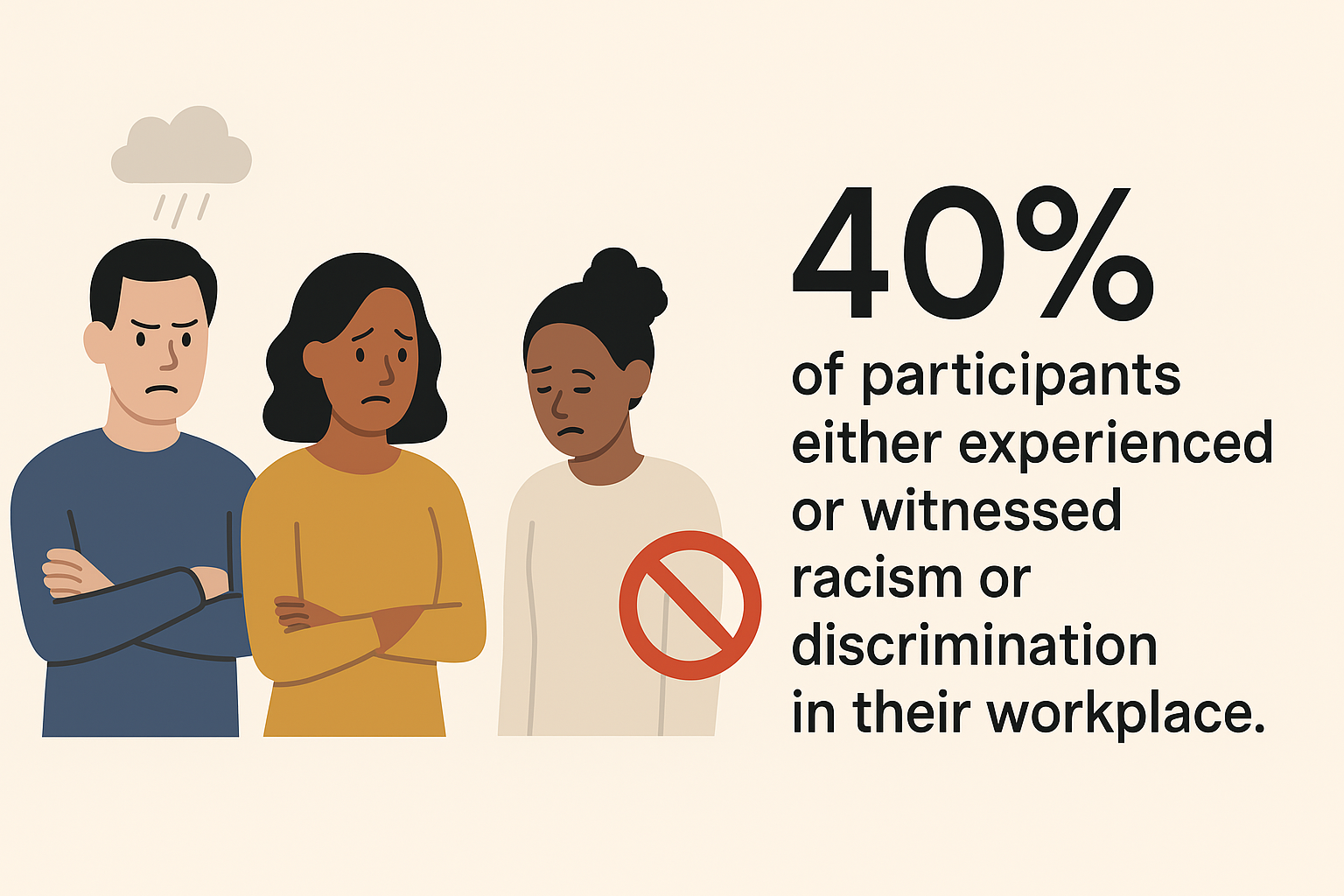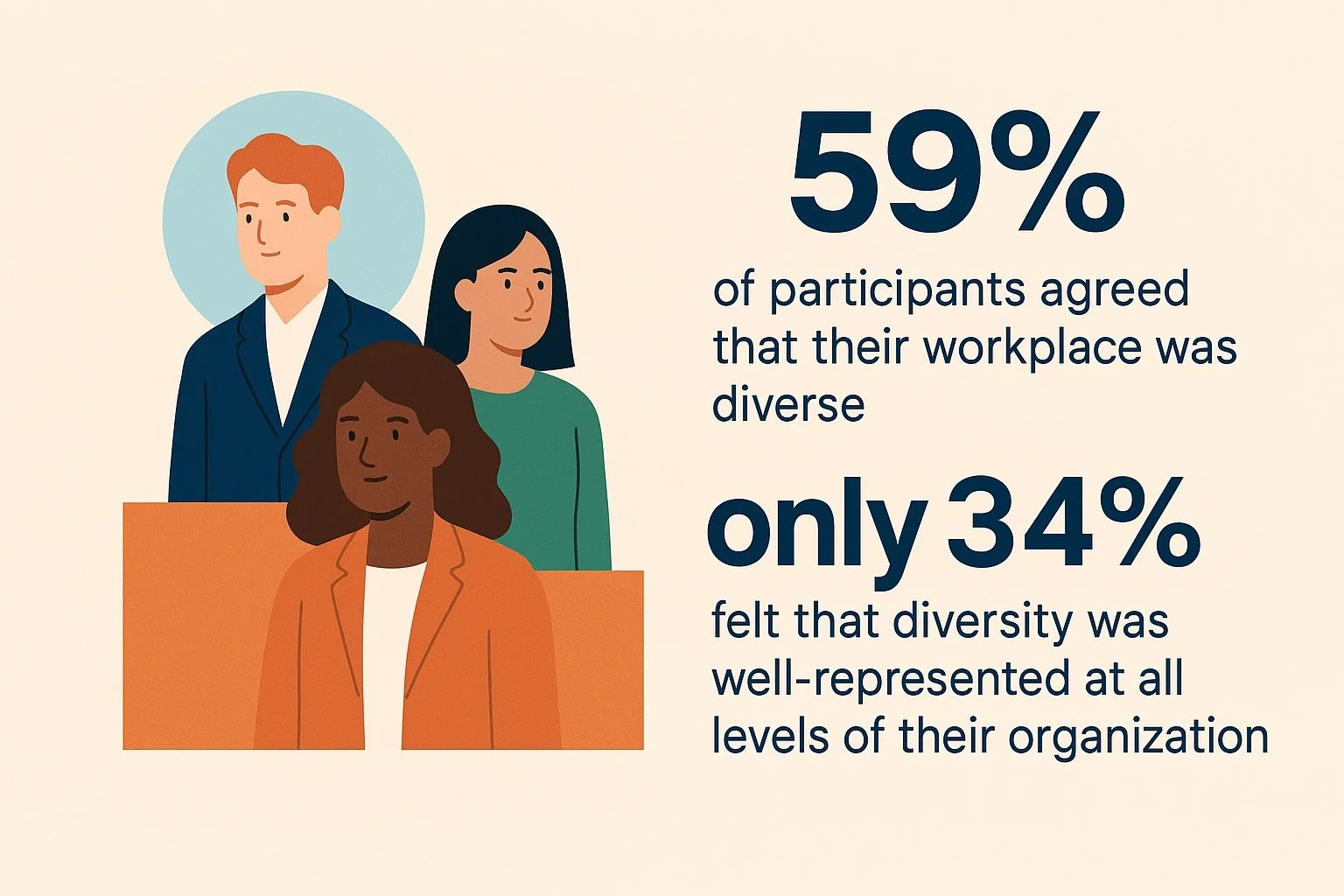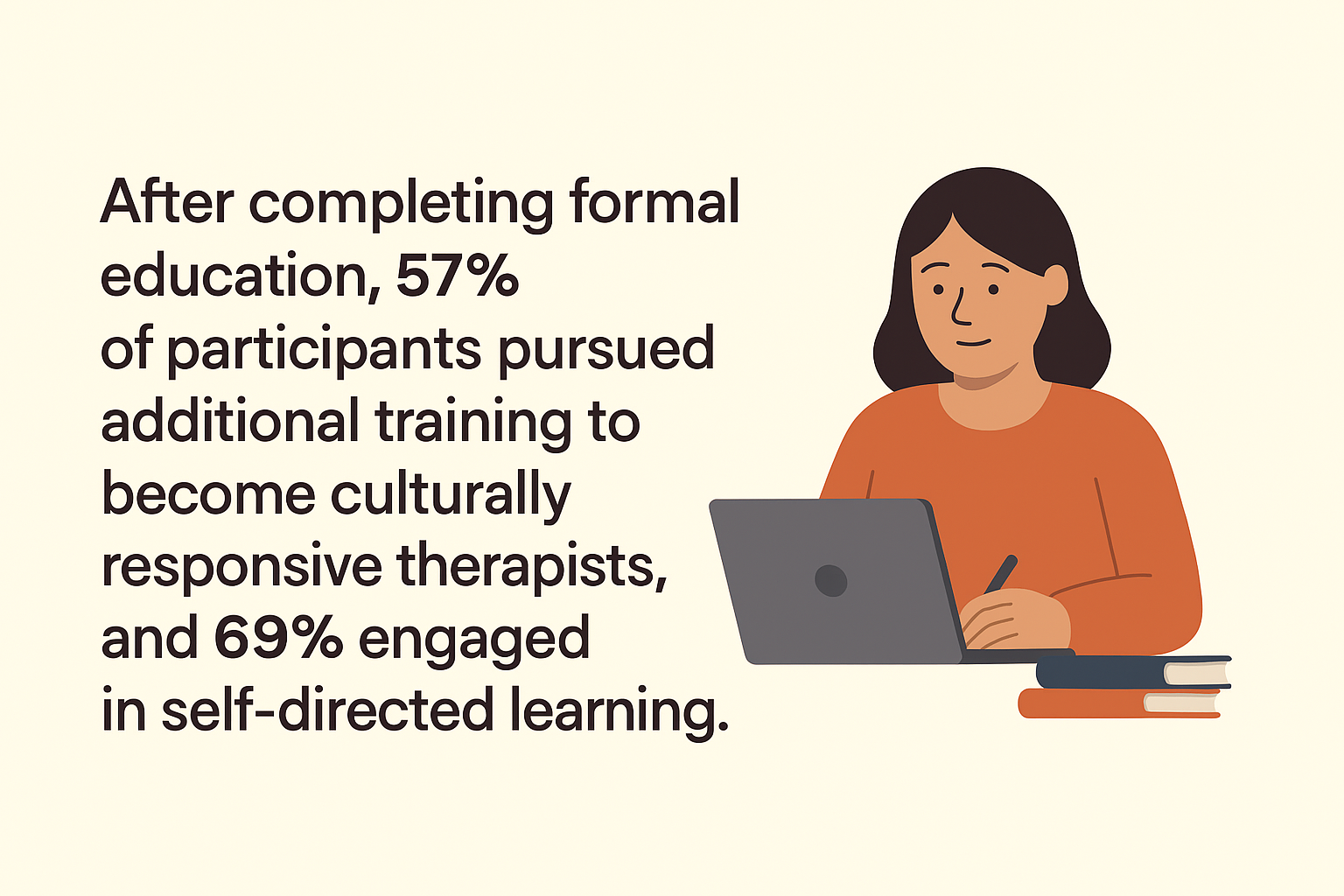Burnout, Inclusion & Cultural Responsiveness in the Mental Health Workforce
This page shares key findings from Pola Practice’s ongoing research into burnout, diversity, and equity in the mental health sector. These visual summaries highlight the realities mental health practitioners face—and their efforts to build culturally responsive, inclusive care environments.
Burnout isn’t just about feeling tired or overwhelmed—it’s a structural issue. It’s fuelled by organisational constraints, systemic inequities, and workplace cultures that lack true inclusivity.
Addressing burnout requires more than promoting self-care. It calls for transforming the systems mental health professionals work within—so they’re not merely surviving, but truly supported to thrive.
This finding is a stark reminder that many mental health practitioners, especially those from underrepresented communities, are not just supporting clients through trauma—they’re navigating harmful environments themselves. These experiences have profound implications for practitioner wellbeing, workplace safety, and the sustainability of the mental health workforce.
This gap reveals a crucial distinction: diversity in presence does not equal diversity in power. Many organisations have made strides in recruiting diverse staff, but that progress often stops short of leadership and decision-making spaces.
True inclusion means ensuring that diverse voices aren’t just present—they’re heard, respected, and empowered to shape systems.
These findings highlight a significant gap in formal education around cultural responsiveness. Despite this, many practitioners are taking the lead—investing in additional training and self-directed learning to strengthen their ability to provide culturally responsive care.
Call To Action
Want to collaborate or learn more about our research?
Contact Us | Download Infographic Pack










